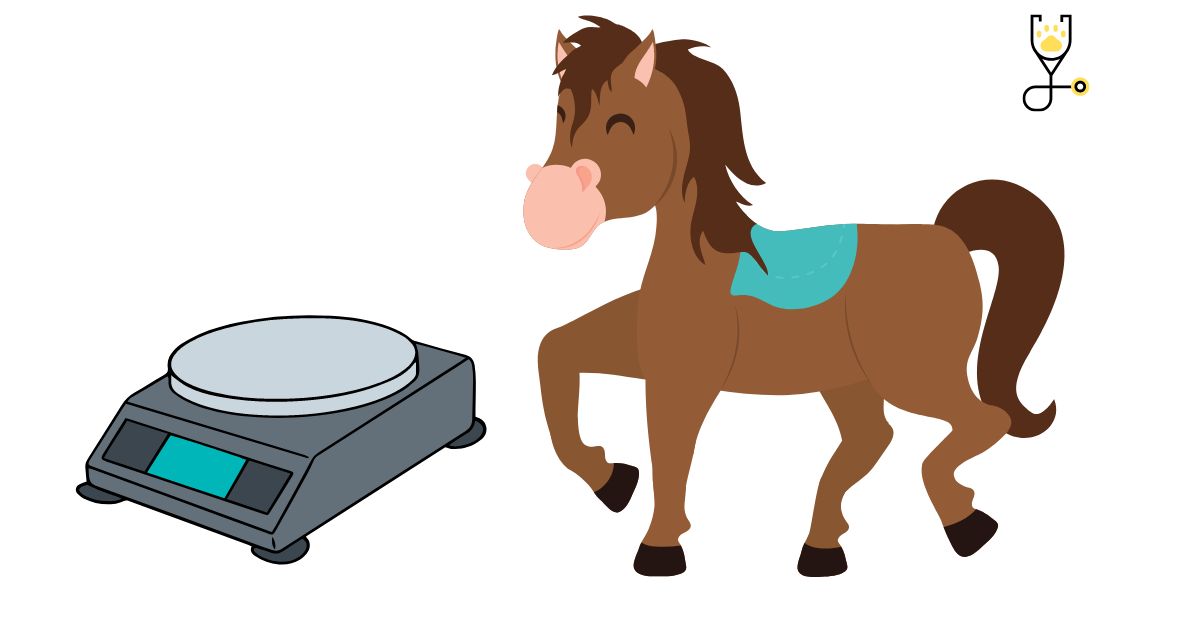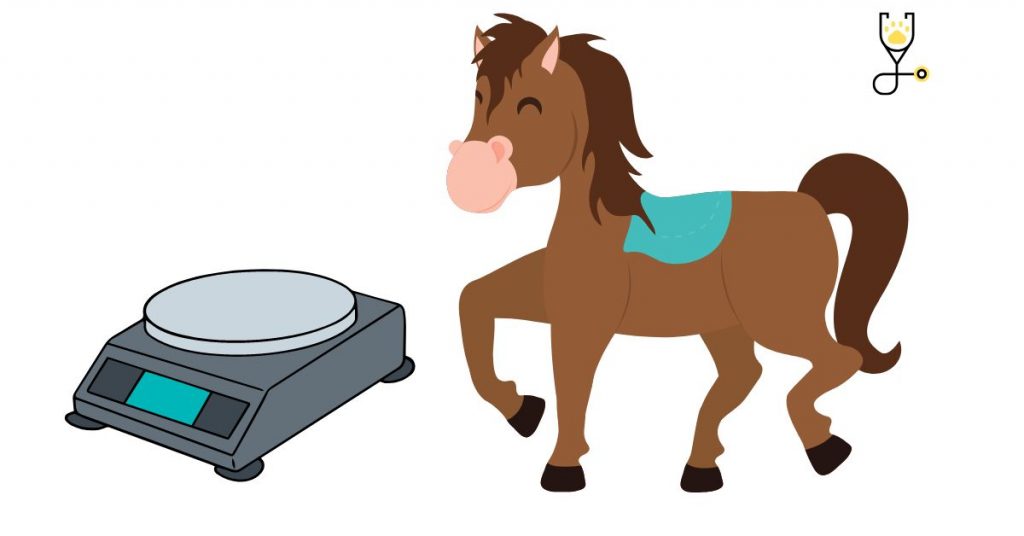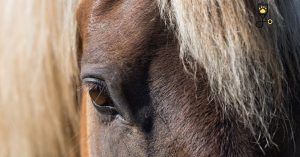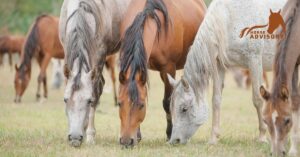In order to keep your horse at a healthy weight, you need to measure its precise weight. There are a lot of different ways to do this – some more accurate than others. In this blog post, we’re going to show you the four most amazing steps you can take to measure your horse’s weight like a pro! So read on for some valuable information.
Why Measure Your Horse’s Weight?
Measuring your horse’s weight is important for several reasons. First and foremost, it helps you determine how much food to provide your horse. Knowing the exact amount of food that should be given is essential in maintaining an optimal diet. Additionally, weighing your horse regularly can help identify health issues such as dehydration or muscle loss due to illness or injury. Lastly, regular weigh-ins can also show if a horse is gaining an unhealthy amount of weight.
Scientific Figures to Follow
The average weight of a horse varies depending on the breed and sex. Generally, adult horses should weigh between 400 and 1,200 kilograms. It is important to be mindful of this when measuring your own horse’s weight in order to get as accurate results as possible.
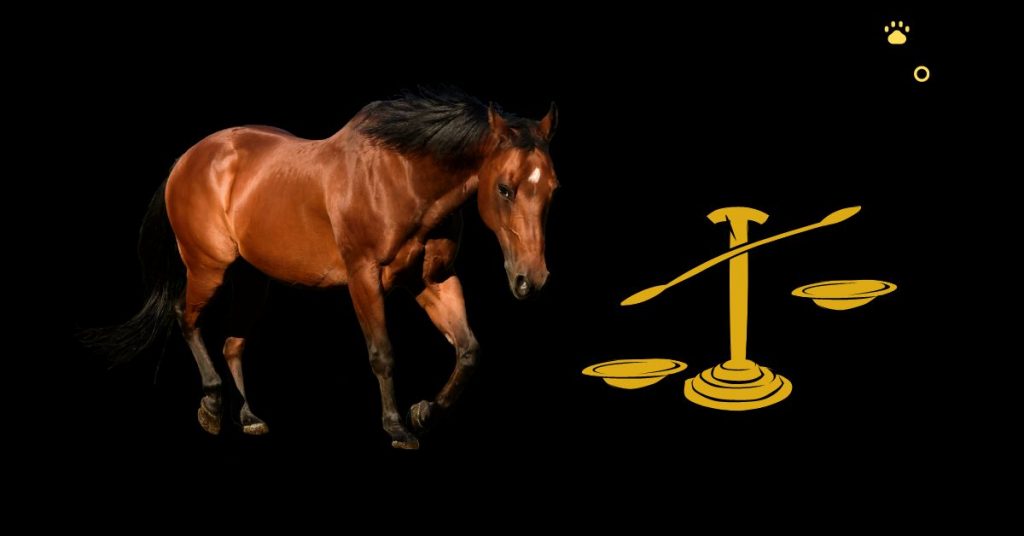
What do You need To Get Started?
- A suitable weighing tool: The best way to measure a horse’s weight is with the use of a weighbridge or weigh tape. A weighbridge is a platform that goes over the ground and measures the weight of an animal by using sensors. Weigh tapes, on the other hand, measure the circumference of the horse’s girth, length, and neck to provide a more accurate weight estimation.
- Protective clothing: Protective clothing such as closed-toe shoes, long pants, and gloves are essential for safety when measuring your horse’s weight. This is especially important if you’re using a weighbridge or any other heavy equipment.
- Patience and practice: Finally, it’s important to be patient and practice when weighing your horse. It may take a few attempts to get accurate readings, so don’t give up after just one try.
Amazing Steps For Accurate Measurement
1. Using an Equine Weight Tape
This is the most popular method for measuring a horse’s weight at home. An equine weight tape works by comparing measurements such as the length and circumference of different parts of your horse’s body – like its neck, withers, or shoulder blade – with known scientific figures for that particular breed or sex. This allows you to get relatively accurate readings without having to take your horse to a vet or use costly scales.
2. The Live Weight Method
This method is a bit more involved and requires that you have two people on hand to help with the process. One person will hold the horse while the other stands behind him or her, supporting the animal’s chest and hindquarters. You then simply place a weight scale under one of your horse’s hooves, step off until all four hooves are on it, and read the number of the display panel.
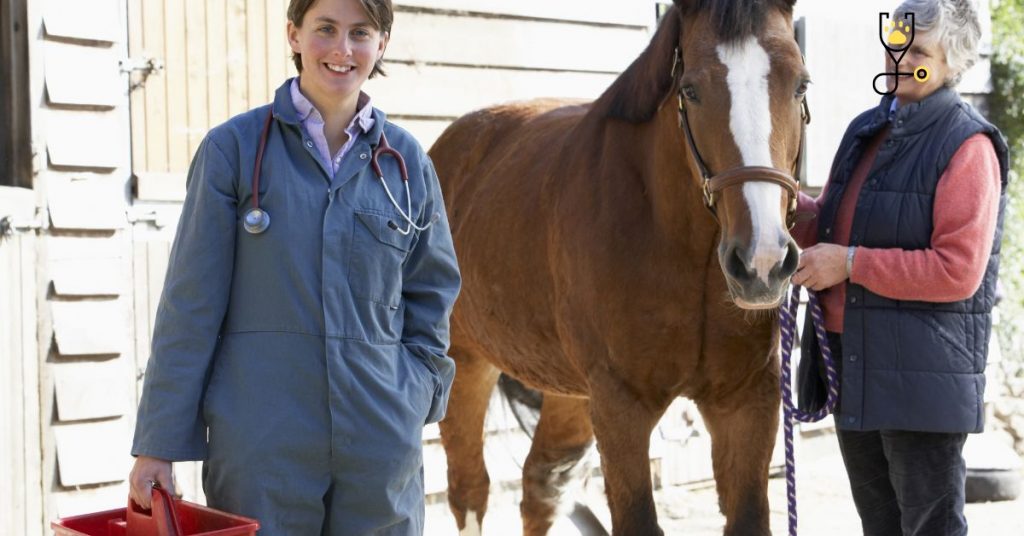
3. Body Condition Scoring
While this is not an exact measure of your horse’s weight, it can be used as a way to estimate if your pet is within a healthy range for its size and breed. To do this, you simply need to evaluate the body condition of your horse by running your hands along its neck, withers, and rib cage. A score of 5 or 6 out of 9 indicates that your horse is in an ideal weight range for its size and breed.
4. Taking Your Horse To The Vet
This is the most accurate method for measuring a horse’s weight and should be done if you are concerned about any sudden changes in your pet’s health or overall well-being. The vet can use sophisticated scales to get a very precise reading that will help them accurately monitor the animal’s health and make sure it is receiving the proper nutrition.
What To Do If Your Horse Is Underweight
If your horse is underweight, there are several steps you can take to help get it back on track. The first is to ensure that your horse is receiving an adequate diet by providing plenty of fresh hay and high-quality feed. If needed, you can supplement with extra calories in the form of vegetable oils or an electrolyte mix. Additionally, you should make sure your horse is getting plenty of exercises, as this can help build muscle and keep your pet at a healthy weight. It is also important to consult your veterinarian if you notice any changes in your horse’s health or behavior. Your vet can provide additional advice and may prescribe supplements or a change in diet if necessary. Finally, it is essential to regularly weigh your horse to monitor its progress. By following these steps, you can help ensure that your horse stays healthy and at the right weight for its breed and size.

Conclusion
Measuring a horse’s weight doesn’t have to be complicated – with the right tools and knowledge, you can do it like a pro! Whether you choose to use an equine weight tape, perform a live weight measurement, or take your horse to the vet for a more accurate reading – knowing your pet’s exact weight is crucial for keeping them healthy. So be sure to measure your horse’s weight regularly and follow the scientific figures when doing so. Happy weighing! 🙂
Frequently Ask Questions
1. What is the most accurate way to measure a horse’s weight?
The most accurate way to measure a horse’s weight is by taking your horse to the vet and using a sophisticated set of scales.
2. What is body condition scoring?
Body condition scoring is an evaluation of the horse’s body by running your hands along its neck, withers, and rib cage for an estimate of the animal’s weight.
3. What should I do if my horse is underweight?
If you think your horse is underweight, you should check to make sure it is receiving an adequate diet with fresh hay and high-quality feed. You can also supplement with extra calories in the form of vegetable oils or an electrolyte mix. Additionally, it is important to make sure your horse is getting plenty of exercises and consult a veterinarian if any changes in health or behavior arise. Finally, regularly weigh your horse to monitor its progress. Following these steps can help ensure that your horse stays healthy and at the right weight for its breed and size.
4. How often should I weigh my horse?
As a general rule, you should weigh your horse once a month to ensure that its weight is stable and healthy. This can be done by using either a horse-specific weighing scale or a human scale with the horse standing on it for at least two minutes. Weighing your horse also gives you an opportunity to measure its body condition score and make changes to its diet or lifestyle if needed. By keeping track of your horse’s weight, you can quickly identify any problems so that they can be addressed promptly. Additionally, it’s important to weigh your horse before and after events such as competitions or long rides so you can accurately monitor how much energy it has used up and replenish accordingly.
Q5. What should I do if my horse is overweight?
If your horse is overweight, there are several steps you can take to help get it back on track. The first is to reduce the number of calories in its diet by reducing feed and hay intake, as well as removing any sweet treats or snacks it receives. Additionally, increasing exercise time can help burn calories and build muscle. You should also consult your veterinarian for additional advice, as they may recommend supplements or a change in diet if necessary. Finally, regularly weigh your horse to monitor its progress and ensure it stays at the right weight for its breed and size. Following these steps can help you keep your horse healthy and fit.
